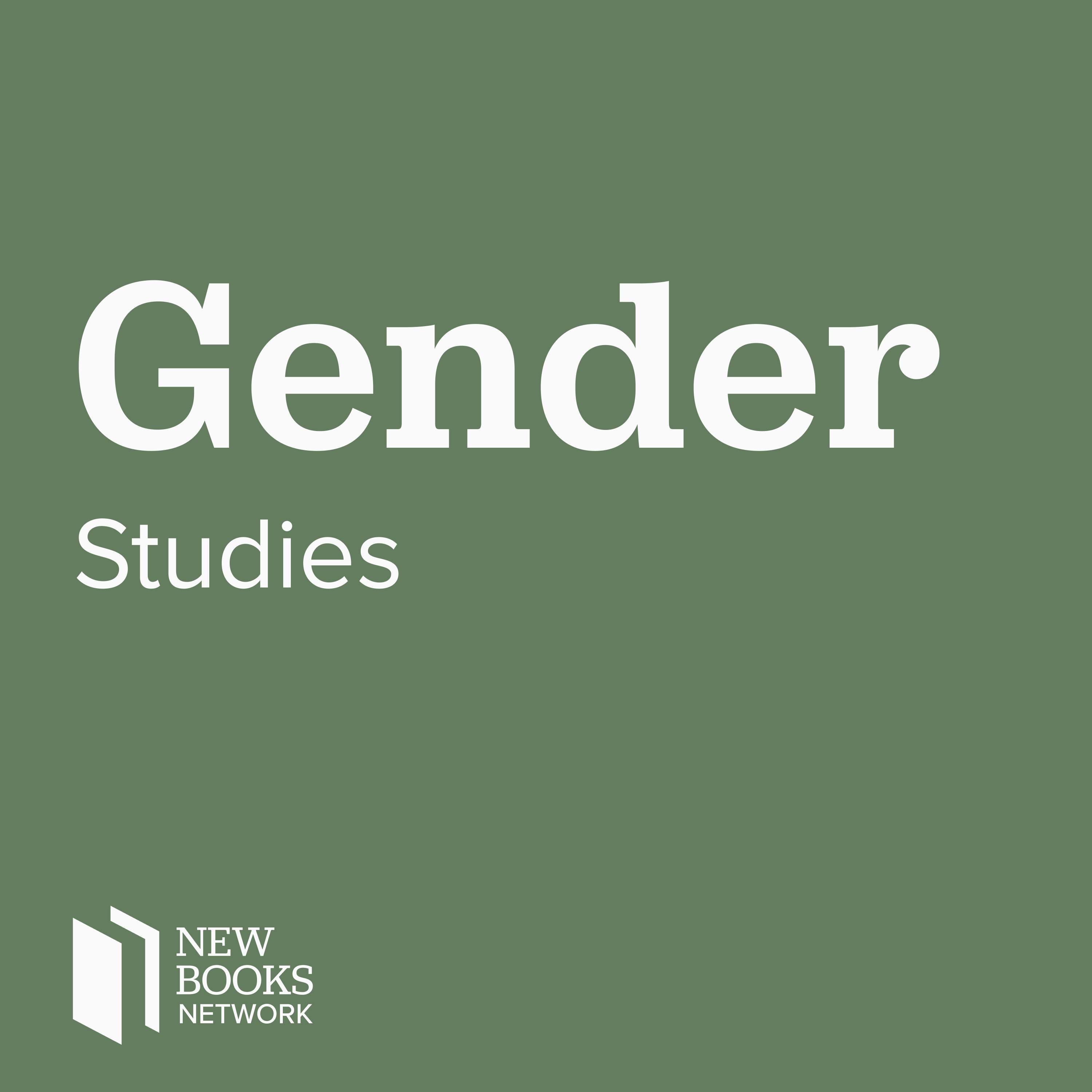Stephen M. Engel and Timothy S. Lyle, "Disrupting Dignity: Rethinking Power and Progress in LGBTQ Lives" (NYU Press, 2021)

Scholars Stephen Engel and Timothy Lyle have a new book that dives into the thinking around power, political and cultural progress, and the LGBTQ+ communities in the United States. This book is fascinating and important in examining not only policy developments around rights and full citizenship for members of the LGBTQ+ communities, but also how these discussions and dialogues shape thinking about access to rights and dimensions of full citizenship. The overarching title of the book,\xa0Disrupting Dignity: Rethinking Power and Progress in LGBTQ Lives\xa0(NYU Press, 2021), gets to the heart of the rhetoric in the debate, specifically this concept of \u201cdignity\u201d and how dignity has become a particularly thorny component of defining out political, legal, and civil rights for the LGBTQ+ community.\xa0\nBoth Engel and Lyle note that they found the term\xa0dignity\xa0very clearly associated with the legal reasoning in judicial opinions around LGBTQ+ rights, that it was a celebrated status, and that while it was more commonly used in international political rhetoric or in the legal dialogue in other countries, it is far less common in the United States and the U.S. legal tradition. And yet, it kept getting connected to the expansion of LGBTQ+ rights. Often, we think of dignity as an unalloyed good, but Engel and Lyle, as they start to unpack the way in which this term and concept are used, begin to reconsider exactly how and why this term,\xa0dignity, is also so often connected with LGBTQ+ communities, and not as connected to other communities and their legal, political, and civil rights. Engel and Lyle consider the way in which dignity is bestowed by the state, and in this way, how it becomes a tool of power. There is also the question of whether the way in which dignity is integrated into legal decisions helps to widen out equality, or does it instead redefine boundaries of otherness and inequality.\nIn exploring the concept of dignity, especially as it has been connected to the expansion of LGBTQ+ rights, Engel and Lyle take the reader through three different case studies that examine the evolving rights status and rhetorical presentations of these kinds of dialogues and representations. These three case studies are kind of dialectics, in that they present two sides, often in tension with each other, wrestling with the power of the state, the individual\u2019s rights, the social and cultural understandings of these situations, and the evolving outcomes. The first case study focuses in on the\xa0Politics of Public Health from AIDS to PREP. The second section of the book takes up popular culture representations of dignity\u2014wrestling with the concept of sameness (in\xa0Love, Simon) in contrast with queer excess (in\xa0Pose). The final section of the book, and the part that might be of most interest to legal scholars, is the role of the courts in defining dignity in judicial opinions. This section also leads into the conclusion, as the authors take up the ongoing tension around the concept, implications, and use of\xa0dignity\xa0in regard to full citizenship, rights, and LGBTQ+ communities.\xa0Disrupting Dignity: Rethinking Power and Progress in LGBTQ Lives\xa0is a compelling exploration of the rights regimes in the United States and how the\xa0Constitution, the current cultural milieu, and the historical role of the state and state power have all contributed to this evolving question of full citizenship.\nLilly J. Goren\xa0is a professor of political science at Carroll University in Waukesha, WI. She is co-host of the\xa0New Books in Political Science\xa0channel at the New Books Network. She is co-editor of\xa0The Politics of the Marvel Cinematic Universe\xa0(University Press of Kansas, 2022), as well as co-editor of the award winning book,\xa0Women and the White House: Gender, Popular Culture, and Presidential Politics\nLearn more about your ad choices. Visit megaphone.fm/adchoices\nSupport our show by becoming a premium member! https://newbooksnetwork.supportingcast.fm/gender-studies